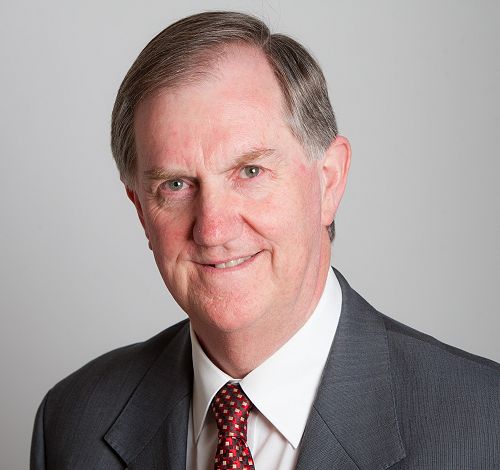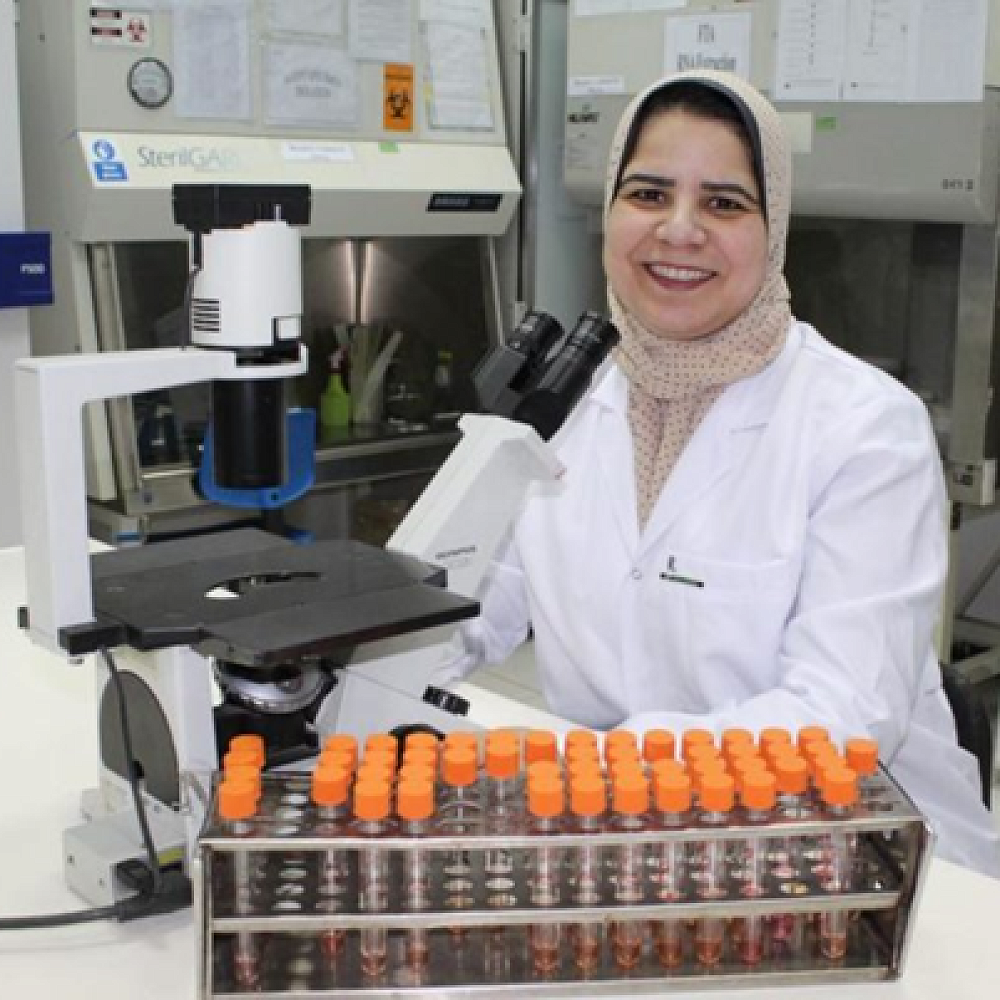
WHY WOMEN MATTER IN THE ERADICATION OF POLIO
The Global Polio Eradication Initiative (GPEI), of which Rotary International is a member, celebrated International Women’s Day, on 8 March, by thanking all the women who are committed to creating a polio-free world. Women at all levels of the polio program play a critical role in eradication.
Article by PDG Murray Verso, End Polio Now Coordinator
Without women leading national polio campaigns, working in polio labs, or visiting homes to vaccinate children, we wouldn’t be so close to eradication.
In many countries, health workers go village to village and walk house to house to give children lifesaving immunizations. But in some areas, male vaccinators are often not allowed into homes, because of religious and cultural norms. That is why female vaccinators are making much more progress. Many of them are also mothers themselves and can connect and communicate readily with other mothers and caregivers in the households.
For example, a network of social mobilizers — made up of 90% women from local communities — worked to vaccinate more than 170 million children under age 5 in India, helping the country eradicate polio in 2014.
Then in Nigeria, community volunteers — over 80% of whom were women — helped build trust in the polio vaccine in high-risk areas, leading that country to be certified wild polio-free in 2020.
Now, as the GPEI continues polio vaccination efforts in the last two endemic countries, Pakistan and Afghanistan, women are leading the charge against the disease.
Women make up two-thirds of Pakistan’s polio workforce - an amazing statistic for a nation that ranks 145th out of 146 countries for gender parity in economic participation and opportunity, according to a World Economic Forum gender inequality index.
The female vaccinators’ work is neither safe nor easy. The women in Pakistan are sworn at, shoved, beaten, and some have even been killed. They are fighting doubt and misinformation. But their work is crucial, and they persevere.
While the GPEI and Rotary are striving to end polio transmission in these last two endemic countries, they are also committed to stopping variant polio outbreaks across Africa and Asia that have paralysed over 2,000 children in the past four years. Women are invaluable in improving vaccination levels in these locations.
As well as delivering the vaccines at the front-line, women are hired as supervisors, doctors, and decision-makers. Here are a few outstanding examples:
- Dr Soofia Yunus is the first female director general of the Federal Directorate of Immunization in Pakistan. Last year she met with Rotary President Jennifer Jones to discuss that country’s polio programs and the role of women in it.
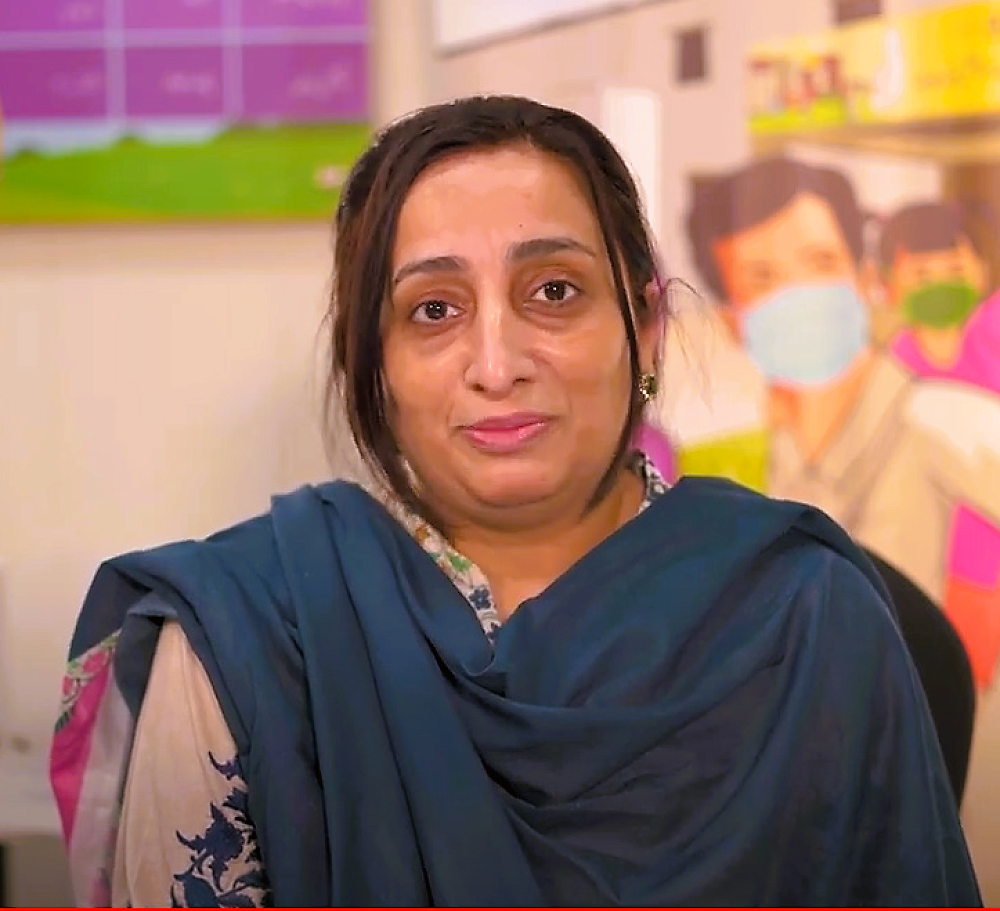
- Also in Pakistan, Dr Hanan Al Kindi is the head of polio and measles laboratory departments that test samples from Bahrain, Qatar, United Arab Emirates and Yemen for polioviruses.
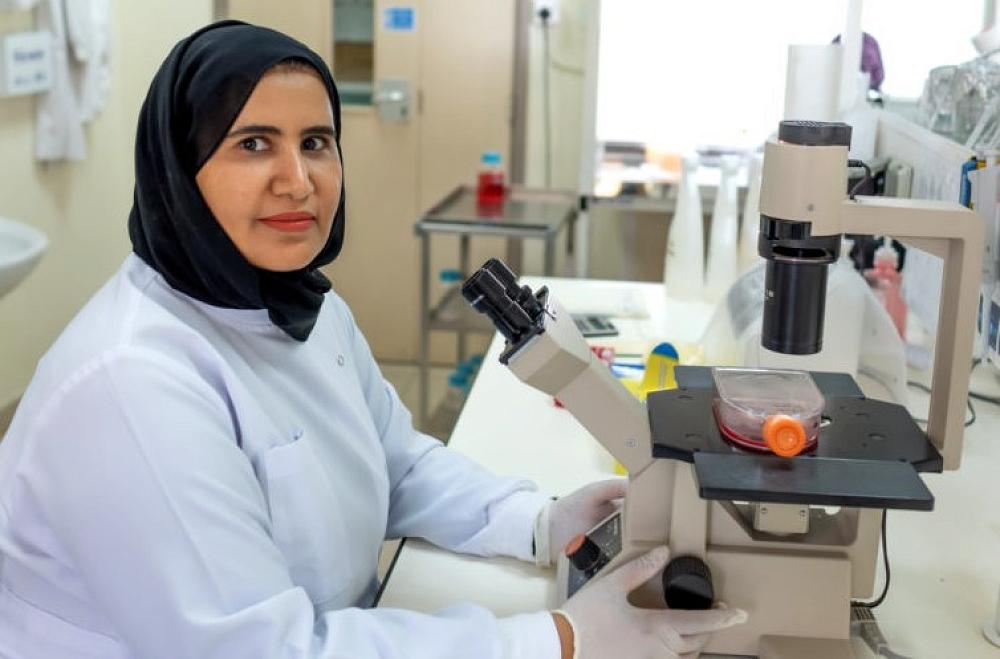
- In Egypt, Dr Amira Zaghloul leads a 25-member team that conducts poliovirus diagnostic tests on stool samples obtained from children as well as sewage samples from Egypt, Iran, Iraq, Jordan, Sudan, and Syria.
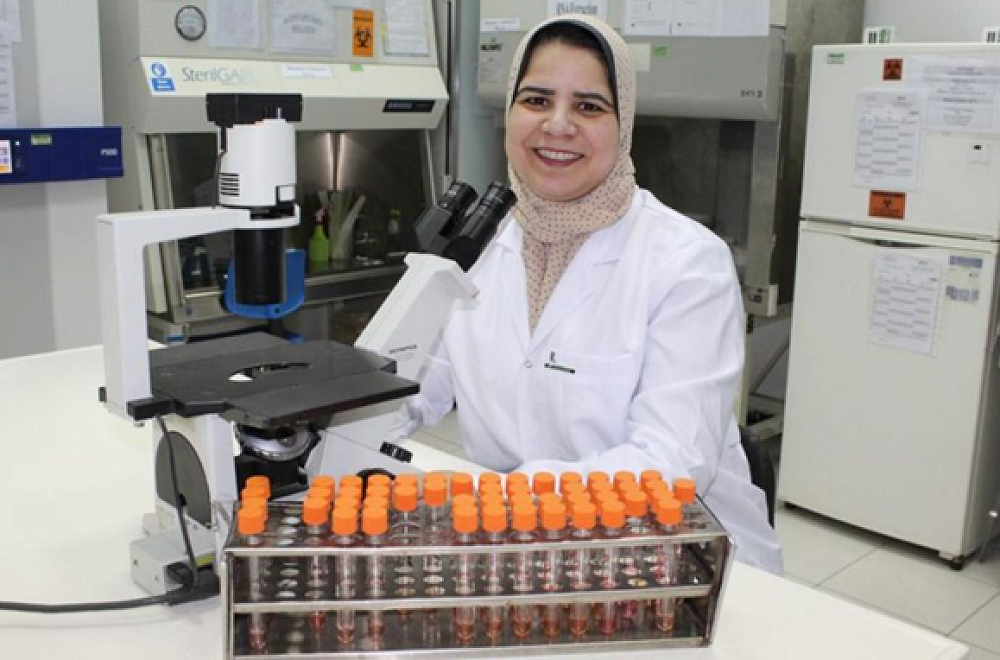
As Rotary President Jennifer Jones said recently “Women working with women on the front line is going to be what gets us across the finish line”. Indeed, women play important and integral roles at all levels of the polio eradication programme.
Gallery
